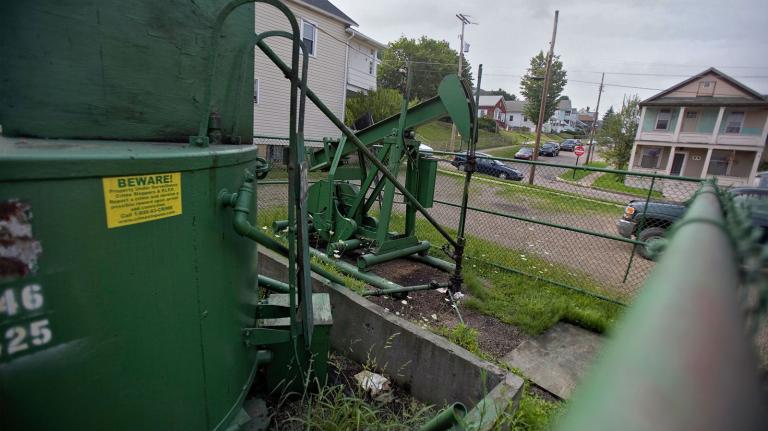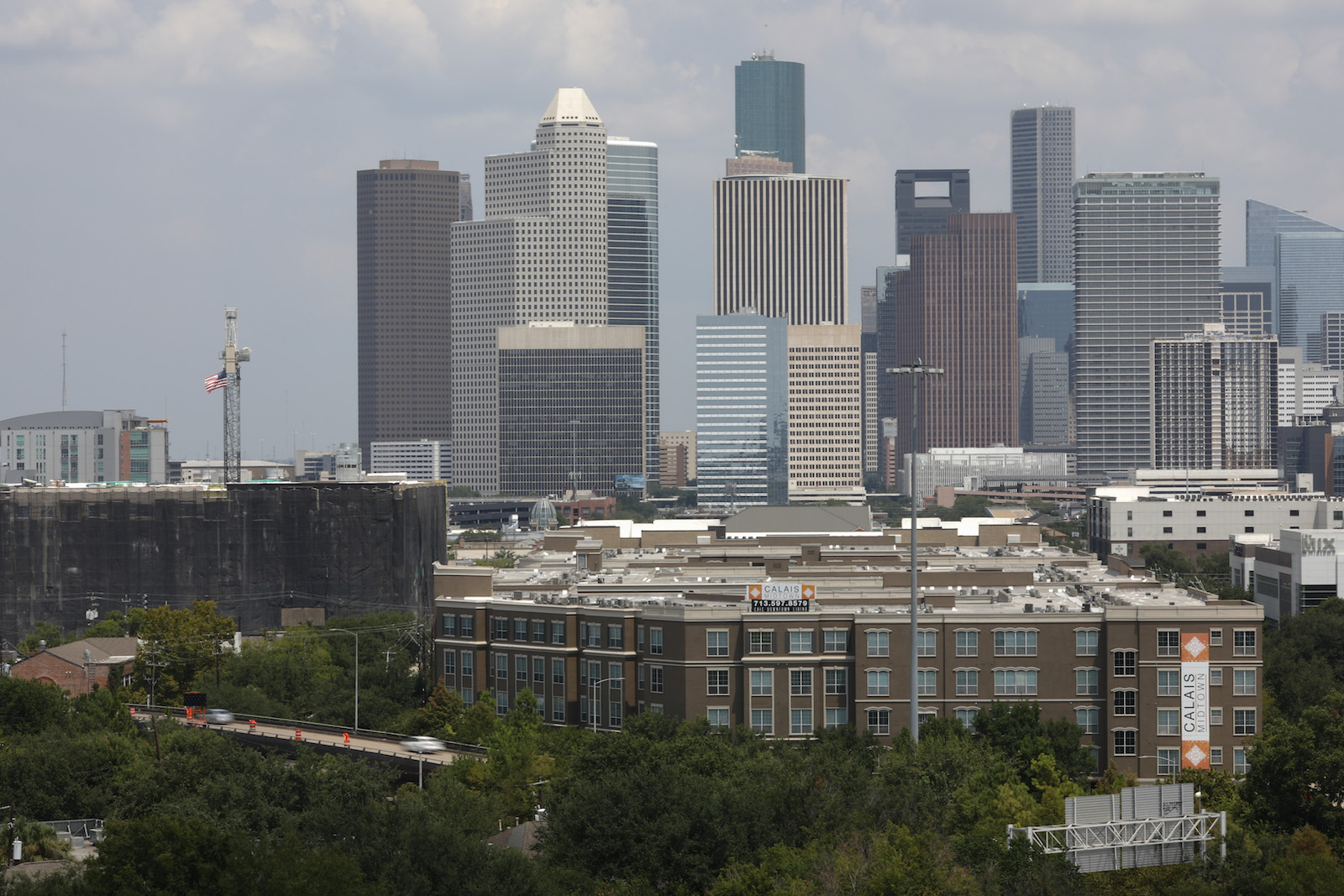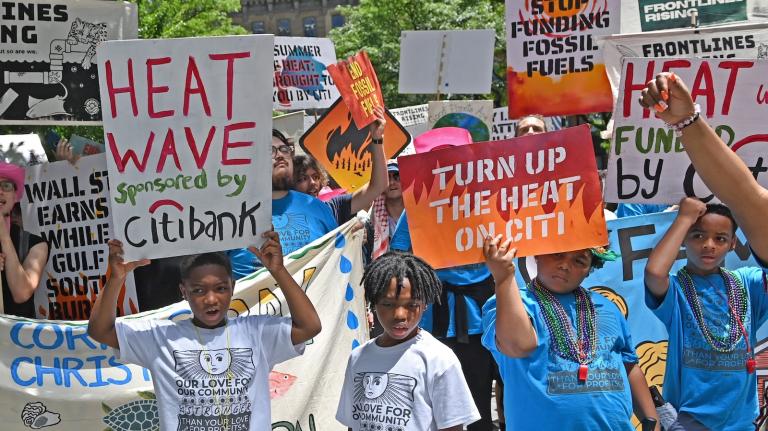This story was originally published by The Guardian and is reproduced here as part of the Climate Desk collaboration.
Houston’s city government is under federal investigation after accusations that it responds to calls from Black and Hispanic residents about illegal dumping more slowly than if the complaints are from white residents, U.S. justice department officials announced Friday.
The investigation into whether the Texas metropolis’ so-called quality of life officials are illegally discriminating against residents based on their race or national origin was prompted by a complaint filed earlier this year by the nonprofit Lone Star Legal Aid clinic, authorities added.
According to officials, residents of a predominantly Black and Hispanic neighborhood in north-east Houston have called the city’s 311 hotline to report the illegal discarding of a wide range of things near their homes, from the bodies of dead people to more mundane rubbish such as abandoned mattresses, automated teller machines, and various waste.
The 311 line is where residents can ask the city to retrieve those things and request that those doing the dumping be cited with property code violations. Unaddressed illegal dumping sites can attract disease-carrying rodents, mosquitoes, and other vermin and can contaminate surface water or block drainage, leaving areas more prone to flooding, said assistant attorney general Kristen Clarke of the justice department’s civil rights division.
All that taken together can unduly drive down the value of residents’ properties, and in this case it has made it difficult for the residents of the Trinity-Houston Gardens neighborhood to enjoy their homes, according to Clarke.
“We are not just crying wolf,” neighborhood association vice-president Ken Williams said in a news release accompanying Lone Star’s complaint. “This is the reality of life daily in the poor neighborhoods of north-east Houston.”
But Lone Star alleged that Houston city officials move to address those complaints at a significantly slower pace than they do to similar ones from predominantly white neighborhoods. The evidence that the clinic provided as part of its complaint caught the attention of the justice department, and the federal government is now examining whether Houston officials are illegally discriminating against minority residents through how they provide their 311 services.
“No one in the United States should be exposed to risk of illness and other serious harm because of ineffective solid waste management or inadequate enforcement programs,” Clarke added.
A statement from Houston’s mayor, Sylvester Turner, said the city has spent millions of dollars in the name of collecting bulk waste and “addressing illegal dumping caused by third parties.” The statement also accused the justice department of previously failing to act when federal housing officials determined that the Texas General Land Office violated laws prohibiting discrimination with how it distributed disaster funds related to Hurricane Harvey in 2017.
“The city takes any complaint and investigation seriously and will cooperate,” Turner’s statement added. “We fully expect the … investigation that Houston does not discriminate in its responses to neighborhood health and safety issues.”
Trinity-Houston Gardens, on the outskirts of downtown Houston, was established in 1935 under the Franklin Roosevelt White House’s suburban resettlement program.
That program originally aimed to give poor white people without land the chance to own houses while also relieving congestion in inner cities. But over the years, white residents have left the area, leaving mostly Black and Hispanic residents to contend with the problem of illegal dumping and other problems marking the neighborhood.
Assistant attorney general Todd Kim of the justice department’s environment division said Trinity-Houston Gardens’ residents belong to a segment of the nation that has historically struggled to get access to whatever help they need. But he said he hoped this case would be different.
“This investigation exemplifies the [justice] department’s commitment to alleviating disproportionate environmental burdens borne all too often by communities of color, low-income communities, and tribal communities,” Kim said.
The city government of Houston – which is home to more than two million – could face sanctions affecting federal aid that it receives if it is found to have violated civil rights laws by racially discriminating against residents.
Note: This article was updated to include a statement from Houston’s mayor.




